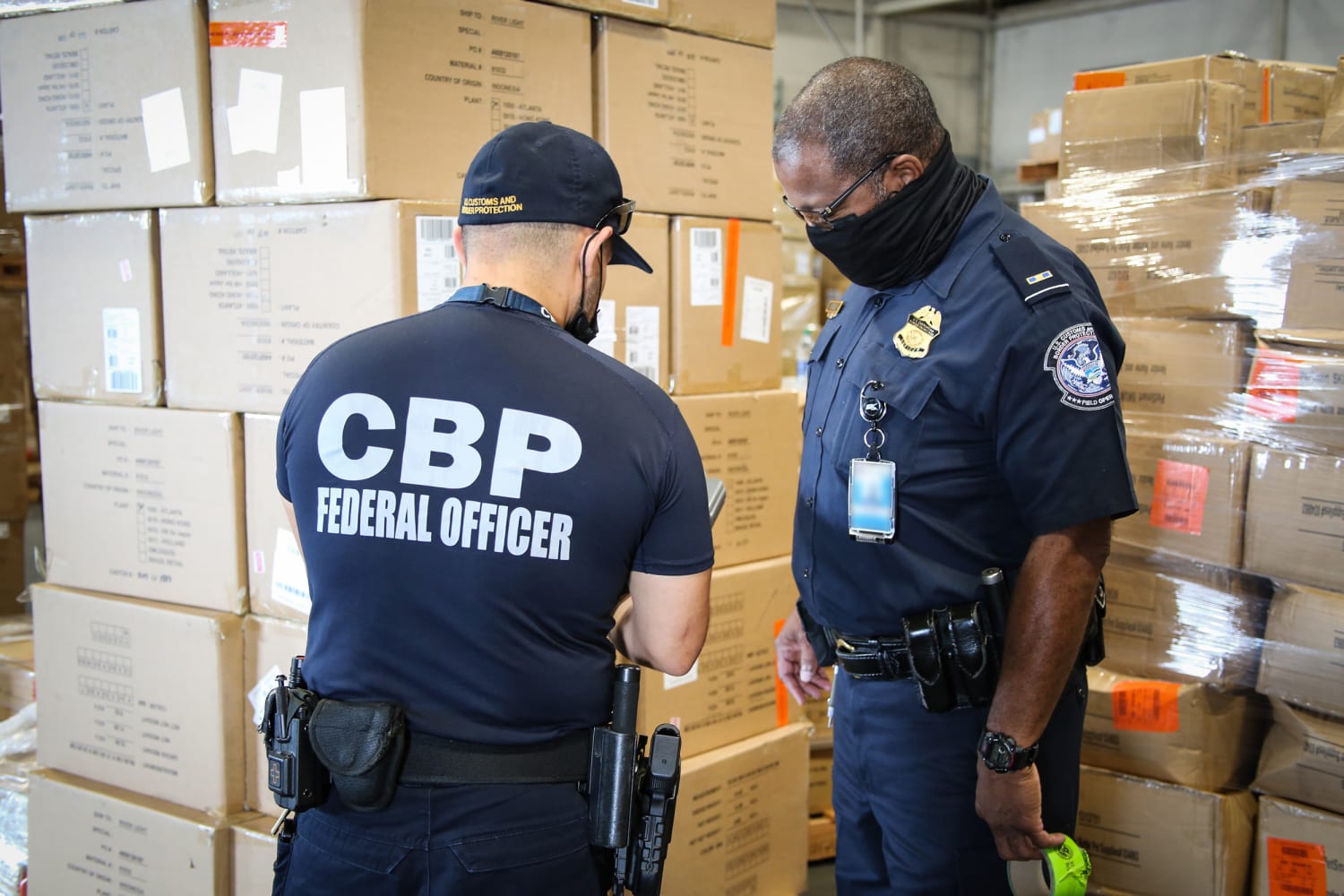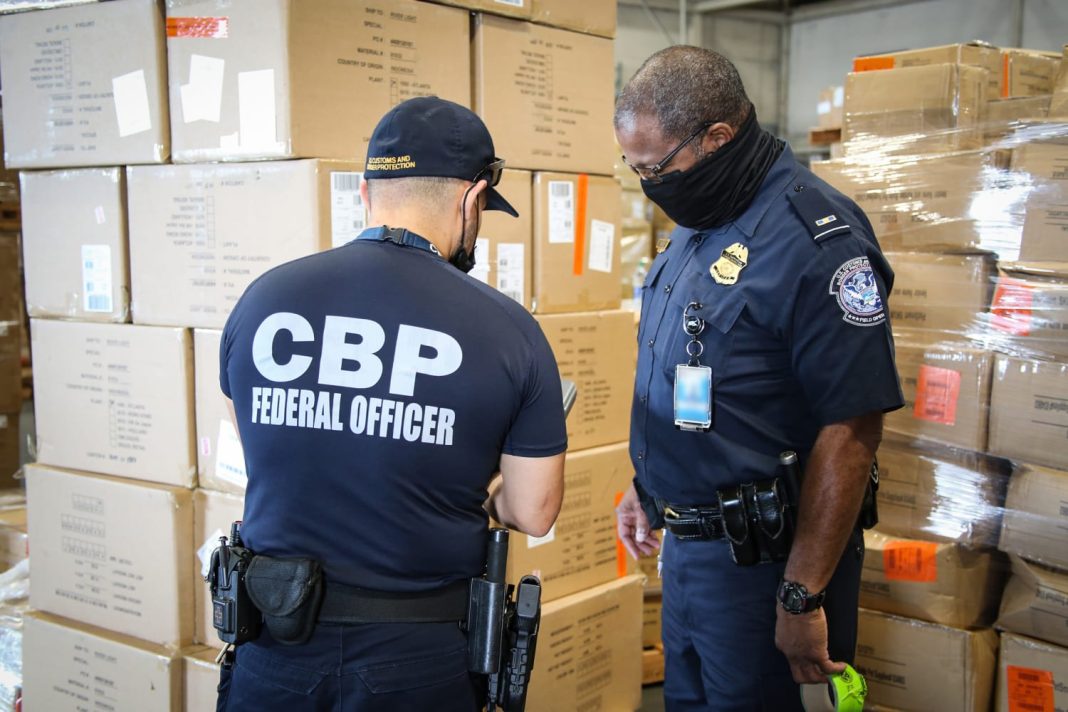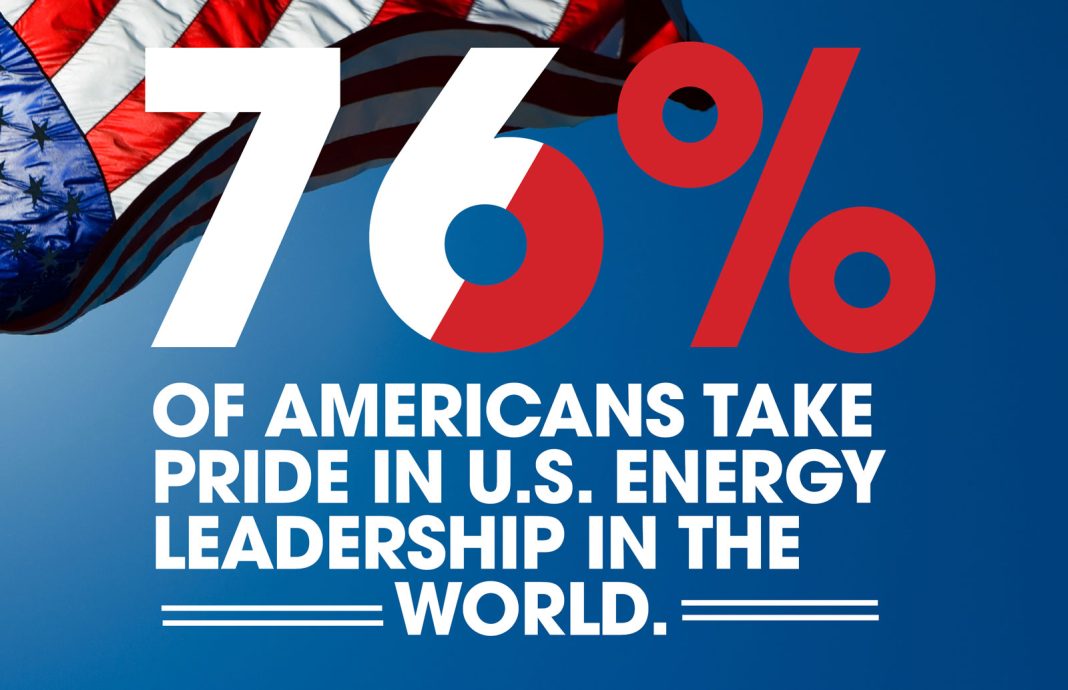 Bipartisan Lawmakers Question MSCI’s Removal of “Red Flag” Rating on Volkswagen Over Forced Labor Concerns
Bipartisan Lawmakers Question MSCI’s Removal of “Red Flag” Rating on Volkswagen Over Forced Labor Concerns
A group of lawmakers, led by Sen. Marco Rubio, has raised concerns about index provider MSCI’s decision to remove the “red flag” rating on Volkswagen due to alleged forced labor concerns in its jointly-owned plant in China’s Xinjiang region. In a letter to MSCI’s chairman and CEO, the lawmakers pointed out that conducting a reliable audit in Xinjiang is challenging due to restrictions on freedom of speech and the inability of conventional audit approaches to assess state-imposed forced labor.
The Uyghur Forced Labor Prevention Act (UFLPA), enacted by Congress in 2021, aims to prevent goods made with forced labor in Xinjiang from entering the United States. In November 2022, MSCI had initially marked Volkswagen with a “red flag” in its social issue category based on allegations of forced labor at its plant in Xinjiang. This prompted some investors to divest from the stock and call for an audit.
In response to investor pressure, Volkswagen commissioned Loening GmbH, a German human rights consulting firm, to conduct an audit of its Xinjiang plant. The audit, however, received criticism for relying heavily on a Chinese law firm for inspections and not conducting independent unsupervised inspections in the region. Six senior staff members at Loening GmbH distanced themselves from the audit results, stating that they did not support the project.
The World Uyghur Congress (WUC) also criticized the audit, highlighting the extensive surveillance, internment, torture, and abuse faced by Uyghurs in Xinjiang. The WUC stated that a credible and independent audit is not possible in such a region where individuals fear severe consequences for speaking out against the Communist Party ideals.
After reviewing the audit results, MSCI replaced Volkswagen’s “red flag” rating with an “orange flag,” indicating that the controversy has been “partially resolved.” In their letter, the lawmakers requested information from MSCI regarding its decision, including the methodology used to lift the warning, criteria for red-flag ratings, and its interaction with Volkswagen since the initial rating in 2022. They also inquired whether MSCI would consider re-imposing the red-flag rating in light of concerns about the audit.
The bipartisan group of lawmakers includes Sen. Chris Coons, Rep. John Moolenar, chairman of the House Select Committee on the Chinese Community Party, and Rep. Raja Krishnamoorthi, ranking member of the committee.
Forced Labor Allegations Extend Beyond Volkswagen
A recent Senate investigative report revealed that Volkswagen and two other major automakers were accused of using components made by a Chinese supplier sanctioned for forced labor. The report found that these automakers purchased LAN transformers from Sichuan Jingweida Technology Group (JWD), a Chinese company known for relying on forced labor of Uyghur Muslims in Xinjiang. Shockingly, some of these parts were found to have been used in vehicles imported to the United States, despite assurances from automakers about robust compliance programs.
Acknowledging these allegations, Volkswagen voluntarily disclosed to U.S. Customs and Border Protection that a shipment of its automobiles destined for the United States contained a JWD-made part. The company took swift action by replacing the parts before the cars entered the country. A spokesperson for Volkswagen emphasized their commitment to preventing the use of forced labor in their supply chain and complying with the UFLPA.
The characterization of human rights violations in Xinjiang as genocide by both the Trump and Biden administrations has further highlighted the severity of the situation. However, Beijing denies these allegations.
The concerns raised by lawmakers and the ongoing investigations into forced labor allegations demonstrate the need for robust auditing processes and independent inspections to ensure that companies are not complicit in human rights abuses. It also emphasizes the importance of holding corporations accountable for their supply chain practices and the potential impact on their reputation and investor confidence.


